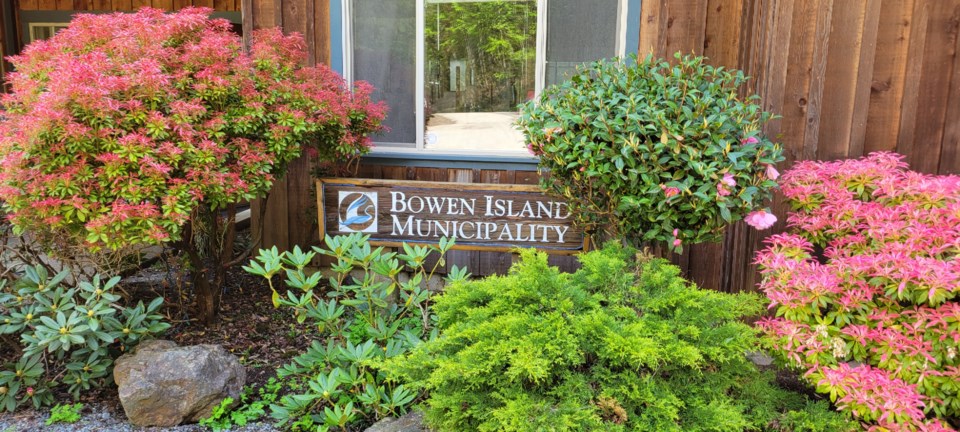Bowen took its most pressing issues to the province last week during the Union of BC Municipalities.
The week-long annual event offers municipal governments the chance to have meetings with provincial ministries and organizations to explain issues and developments in their communities and, ideally, leave with a plan of action to address them. This year’s UBCM came with some uncertainty though since next month’s provincial election has the potential to upend the current government and replace key players at the discussion tables.
As expected, a leading topic at the meetings was the performance of the BC Ferries route between Snug Cove and Horseshoe Bay. A meeting with the Ministry of Transportation made clear that the now-common sailing delays on the Queen of Capilano are not going unnoticed. “The ministry said, in not so many words, that they believe Bowen Island is the worst ferry service in the system,” said Mayor Andrew Leonard at council this week.
While there’s no doubt there are problems with the Bowen ferry, it proves more difficult to pin down whose responsibility it is to fix them. “They (province) attempted to maintain that BC Ferries is an independent organization and separate from them,” said Leonard. “I think our council pressed them well on the fact that the Ministry of Transportation holds the performance contract, has significant influence over BC Ferries… and has a significant role to play in helping untangle the challenges that are not just seen on Bowen, but system wide.”
BC Ferries also met with Bowen during UBCM, which Leonard characterized as “possibly the spiciest meeting that we had throughout the whole week.” He expressed disappointment however that BC Ferries did not involve anyone from the planning or operations side of the organization, instead focusing on communications staff. The mayor explained that the municipality and its residents have already thoroughly expressed their views regarding performance of the local vessel.
“The case was made clear that we’re not interested in any more planning fixes, that Bowen Islanders are not interested in another engagement event where they’re asked what they think. We believe that our asks and requests to BC Ferries are very straightforward at this point,” said the mayor.
“In the absence of any capital funding or capacity investment, then our ask is that they look at operational solutions such as priority loading (for residents). We ask that they take responsibility for ferry marshalling in the Cove and for the infrastructure that runs off the ramp. We are interested in having a conversation about their ownership of operations in Snug Cove up the ferry lines,” added Leonard.
The meeting ended with the mayor posing a question to the transport organization’s staff. “If BC Ferries cannot commit and take accountability for fixing the schedule issues on what they term a minor route, how is that supposed to give confidence to any user riding the ferry in the rest of the system?” He added he believes they got the message, and expects to see some tangible action on the ferry situation by next summer.
Another main press of the municipality was the desire to be included in the Islands Coastal Economic Trust (ICET), a provincial economic development agency which covers more than half-a-million people across the Gulf Islands along with most of Vancouver Island and the Sunshine Coast. Inclusion allows members to pursue funding opportunities in their communities in a wide range of sectors including transportation, tourism, and food security. West Vancouver – Sea to Sky MLA Jordan Sturdy, who is retiring and not seeking re-election, joined this meeting between Bowen and the Ministry of Jobs, Economic Development, and Innovation to advocate for the island’s inclusion in the group.
Bowen is currently excluded from ICET due to being part of Metro Vancouver. Leonard explained the logic applied is that “we’re somehow deriving grant benefit from Metro Vancouver, which I would argue just isn’t true.” He added this example speaks to an even larger issue of how Bowen is viewed by higher levels of government.
“We also spoke to them about this identity crisis where… we see ourselves as rural, they (provincial and federal governments) don’t see us that way. And that makes it very difficult for us as a part of Metro Vancouver, but still having a rural character, to secure the grant funding that we need to build out the projects that are really crucial for us,” said Leonard.



